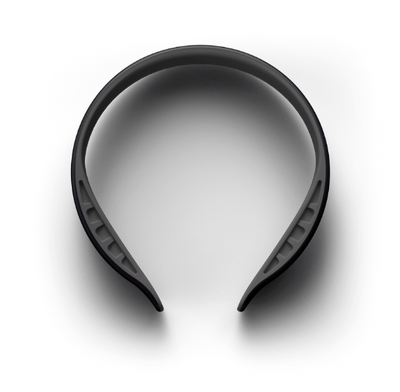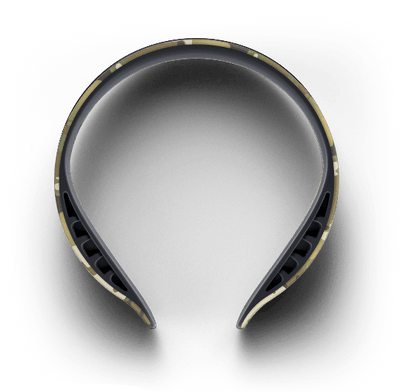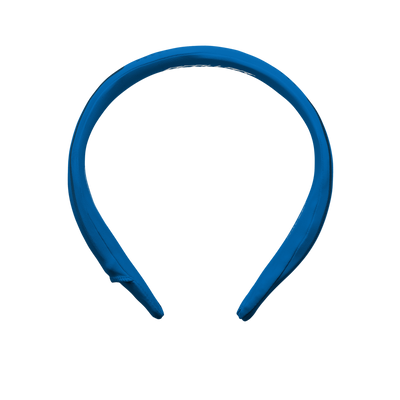There are very few pieces of sports equipment that can be used across a wide range of sports. Helmets, footwear, and accessories change constantly depending on the nature of the sport, which often results in equipment overload for many multi-sport athletes.
That being said, there is a robust culture for multi-sport participation across the United States. According to the National Federation of State High School Associations, multi-sport athletes tend to be better overall athletes due to the level of cross training they do, have increased mental development, are better teammates and leaders, and have a lower burnout rate than those that stick to a single sport. Additionally, the NFHS found that multi-sport athletes have a higher chance of playing at the next level than athletes who “specialize” in one sport, as well as tend to be more successful in their life after sport. In fact, the NCAA conducted a survey of college athletes and found that 71% of D1 football players as well as 88% and 83% of D1 Men’s and Women’s lacrosse players, respectively, were multi-sport athletes while in high school.
However, the benefits are not only reserved for athletes participating in traditional, organized club sports. Athletes who also partake in what are more usually considered recreational sports like skateboarding, skiing, snowboarding, biking, and surfing reap the benefits of being a multi-sport athlete. Not to mention, these sports are becoming more mainstream with dedicated leagues, clubs, and competitions being established at the youth through pro levels. This has resulted in a dedicated fan base through the increased popularity of these events and tournaments, and an increase in athletes participating in these sports at every level.
While there are many benefits to being a multi-sport athlete, the biggest drawback is the increased risk of injury due to higher exposure, specifically when it comes to repetitive head impacts. While multi-sport athletes tend to be less prone to knee injuries, for example, due to cross training, the damage that results from repetitive head impacts is far less avoidable, as many of these impacts go unnoticed and are inherent in many sports. The accumulation of impacts over multiple seasons and years of playing can result in brain injury – Even a few falls on the slopes can potentially add up to detrimental effects.
Luckily, there’s a solution.
The Q-Collar is the only sports equipment proven to help protect the brain from repetitive, subconcussive impacts. Due to its simple, yet effective design, the Q-Collar seamlessly transitions from one sport to another regardless of season, and it works seamlessly with other equipment. From the fall football season to winter hockey and skiing, to spring soccer and lacrosse, the Q-Collar provides the same, proven level of effective brain protection.
Equipment overload is real, but the Q-Collar is the trusted piece of equipment you can have in your bag no matter the season, sport, or competition level. It’s Time to Collar Up.








